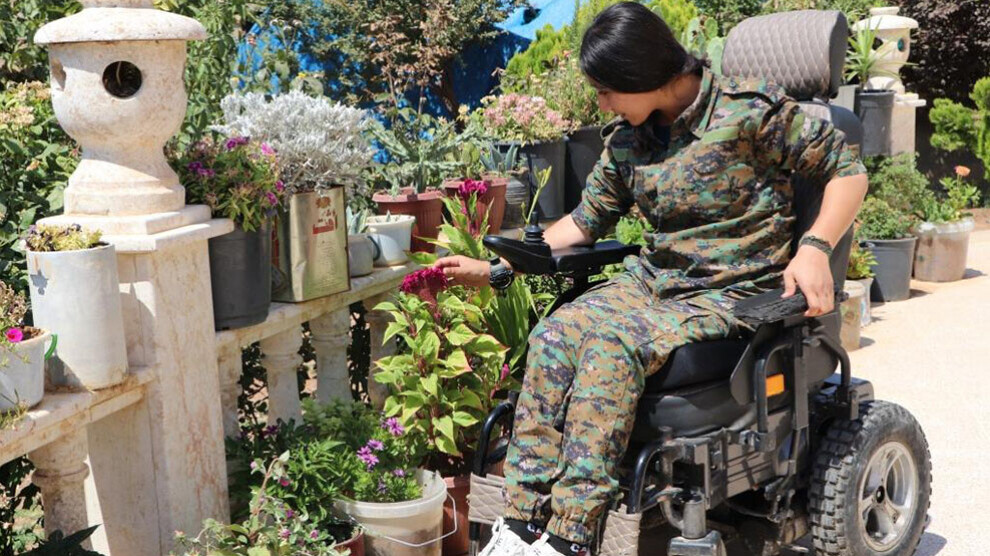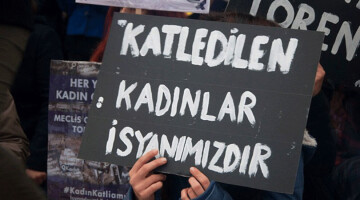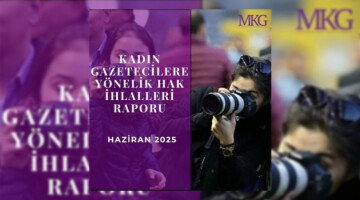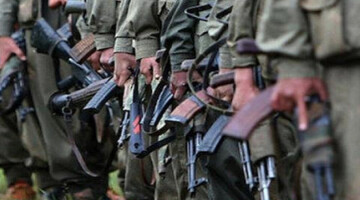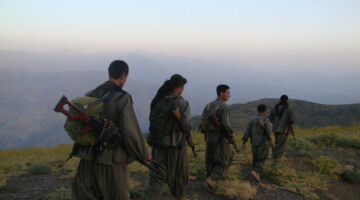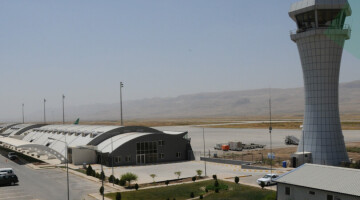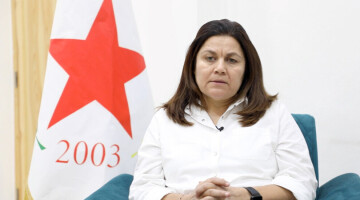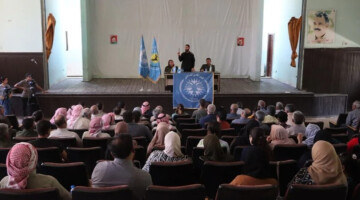July 19 marks nine years since the beginning of the Rojava Revolution. The achievements of the revolution have not been achieved easily. Every street, every village, every city has suffered countless casualties. In addition to the martyrs, countless fighters: have also been permanently wounded. These disabled veterans continue to play an important role. The ANHA news agency spoke with the disabled veterans Mizgîn Îdrîs and Bahoz Dêrik.
YPJ fighter Mizgîn Îdrîs is from Serêkaniyê, now occupied by the Turkish state and its mercenary forces. She joined the Women's Defense Units (YPJ) in 2013 and participated in many offensives and liberation operations. She was wounded time and again. Mizgîn took part in offensives to liberate Mabrûka, Mount Kezwana, Silûk, Girê Spî, Ain Issa, Sirîn and Manbij. Since an injury, she has been paralyzed in both legs, making her a war invalid.
"Without revolution, we would not have understood our own reality"
Mizgîn describes her participation in the YPJ as a rebirth: "When I participated in the revolution, it was as if I had grown wings to freedom. When a person joins and learns about Abdullah Öcalan's ideas, life takes on a different meaning. A person lives with completely different emotions. This is how man understands his own reality. Fighting for freedom, for the country and the children of the people, gives everything a completely different meaning. This idea gives you a great moral boost. Sometimes I think that without the revolution, we would continue to live a life apart from our own reality."
Mizgîn continues: "Being a female casualty doubles the honor one feels. It was a path to freedom. The Rojava Revolution has become a great source of morale for all oppressed peoples. The peoples in oppression, especially the Kurdish people, have built a massive foundation. We have paid a high price to reach this level. We have sacrificed our lives for our people, for our country. Our country is first and foremost our mother."
"It is our main task to defend the values of the revolution"
Mizgîn explains where she gets the strength to continue fighting: "The strength of the injured comes from the martyrs like Arîn Mîrkan and Avesta Xabûr. When we think of these friends, we want to work even harder for the revolution. It is our first duty to protect the revolution. We don't see our disability as an obstacle to defending the revolution." Saying that great goals require great sacrifices, she continues, "We believe that the revolution will succeed. The cruel enemy mainly attacks women. He wants to remove women from their reality through special war methods. The stronger he attacks, the stronger our resistance will grow."
"The absence of a part of my body makes me want to work even more"
YPG fighter Bahoz Dêrik took part in the revolution in 2012 after his brother fell. "In the first years of the revolution, we protected our borders in Dêrik," he tells. "Jihadists dressed in black attacked us. They belonged to Jabhat al-Nusra. For the safety of the population, we controlled the areas from Rabia to Sêmalka. Although we were few, we advanced quickly. We made it to Til Koçer and Cezaa. No matter how much they attacked, we became stronger. We drew our strength from the support of the people. The gangs were always spreading propaganda that we were losing and disintegrating. But we advanced with a sure step.”
Bahoz Dêrik lost an eye in a skirmish between Rabia and Til Koçer in 2014. He tells about that time: "When I was injured, I didn't know for 20 days that I had been injured. In addition to my eye, my right shoulder is paralyzed. I resisted and I still do. I am an injured person for my people. The absence of a part of my body does not interfere with my work. On the contrary, it has made me want to work harder. We have had many casualties in eight years. Now our status must be accepted. We have paid a high price for the liberation of this country."

